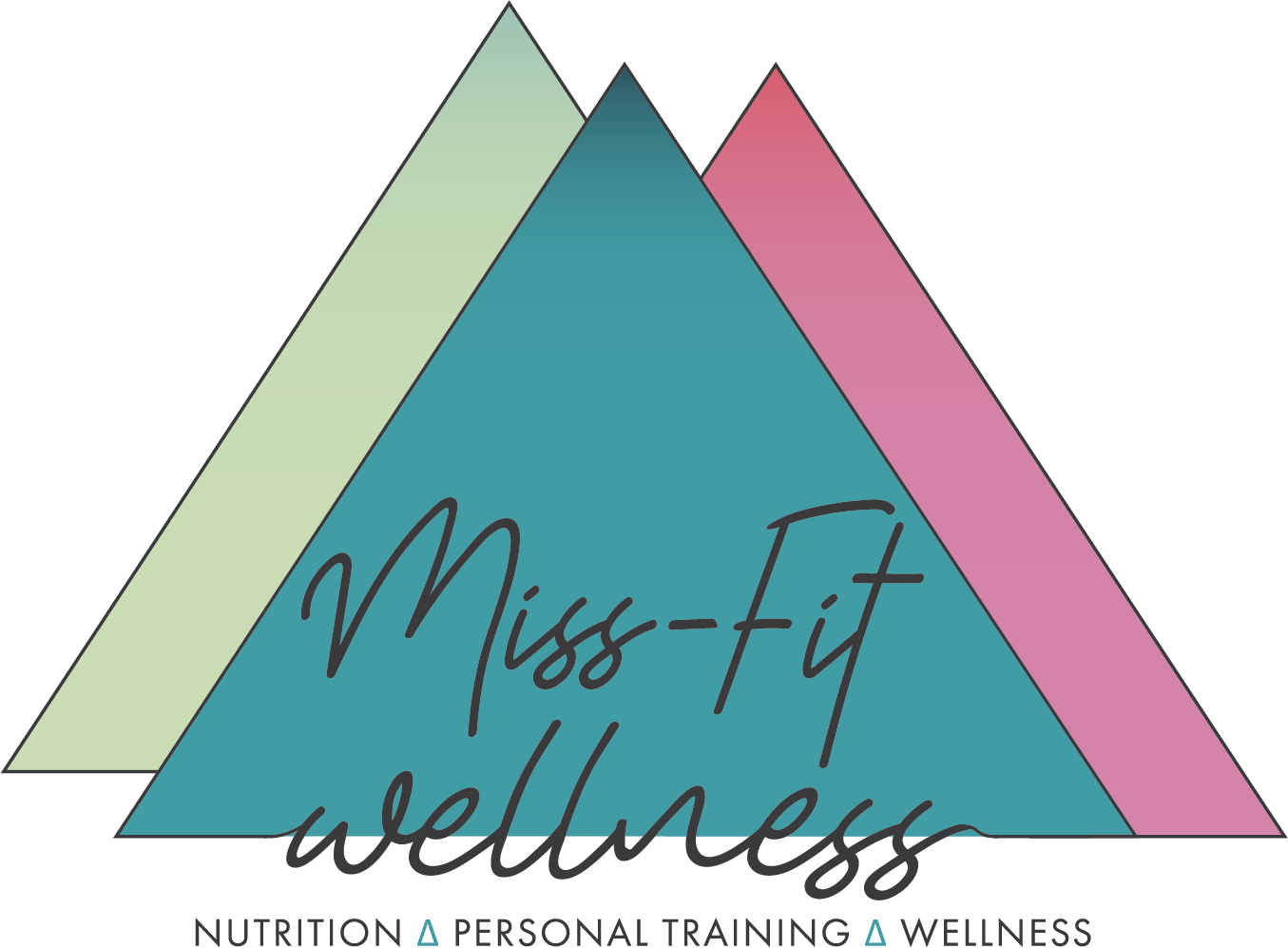But I don’t want to “bulk up…….”
This post is for all of you luvs out there who have a fear of “bulking up”. You’ve been told before that women don’t actually have the hormonal capacity for this phenomenon to occur. You understand the scientific objection here, yet as a personal test subject, you’ve experienced the results nonetheless.
The truth is that some women do gain muscle easier than others. We’re all packaged in a wide array of shapes and sizes. Just look at the differences between Olympic marathon runners, compared to 100 meter sprinters, compared to swimmers, compared to gymnasts. All of these athletes are elite in their physical capacity. In fact, their specific shapes in large part contribute to their performance. Michael Phelps with his long wingspan and almost blushingly long torso is perfectly suited for the water. Simone Biles with her compact and powerful frame is likewise ideal for the feats she performs for our awe and entertainment.
Just as these different lengths, shapes, and strengths are widely varied within the Olympic arena, so too are they within the world of everyday athletes. Over the years, I’ve trained women who were “hard gainers” meaning that it took a large increase in calorie intake and substantial weight training efforts for them to add muscle. Still others could make their biceps pop like Pop-Eye’s just by lifting a can of spinach. So yes, I’m validating you and your concerns. Some of you build easier than others.
There are a couple of considerations to make here, however. For one, individuals who gain muscle easy and quickly, also tend to gain weight easy and quickly. And here’s the thing. Studies have shown that many times women gain weight with exercise in large part because they actually eat more when they exercise. When the men in our life go into a calorie deficit with exercise, they stay in a calorie deficit with exercise. Women on the other hand tend to re-eat those calories, sometimes ……and then some. It’s not even that we psychologically justify our exercise efforts with an éclair. It’s that we have a driving physiological need of hunger to keep us at our current weight. Instead of the female glass ceiling, it’s like the glass floor, and it often takes some really smart tactics to break through that. In fact, sometimes it takes some literal muscling up to crack it down.
I can’t tell you how many times over the years that I’ve been approached with the goal phrase of “toned”. By popular definition muscle tone equals defined musculature, but not significant changes to size. We want our muscles to show, but not get too big. So what’s essentially being asked for is to remove the layer of fat surrounding that muscle so that we’re able to see the cuts and curves of those physical lines. I get that, but let’s be clear. What you do in the gym for 4 hours a week is no contest to the changes that you could make during those other 108 hours in the kitchen to get “toned”.
All this being said, the main point of my post today is that I’m not really in the business of helping you take up less space in the world; for you to feel less in your strength or less in your power. I want you to feel good in your skin, to be sure, and there are tweaks that we can make to your programming that align with your physique goals. But in most cases, you having body confidence and contentment has less to do with your exercise programming and more with your mindset programming.
It would be a tragedy in my mind for you to give up the physical gains you could be achieving for your metabolism, strength, flexibility, and overall anti-aging because of a fear of “bulking up”. I would also mourn the opportunity loss of emotional tenacity and resilience that comes from a physically challenging strength training program. Training like a bad-ass makes you feel like a bad-ass, and I would most definitely miss this for you.
So yes, your fear of “bulking up” could be somewhat legit. You are also right that for better or worse, the shell of your shape is a representation of you. However, you shirking from your “big-ness” could contribute to you shirking from your “great-ness”. Your all-consuming attempts to getting or staying small could in fact contribute to you being and feeling small in the world. You are more than your size. But whatever size that is, please let it reflect your boldness, your brilliance, your big-ness, and your bad-ass-ness. That’s what we all want to see.
